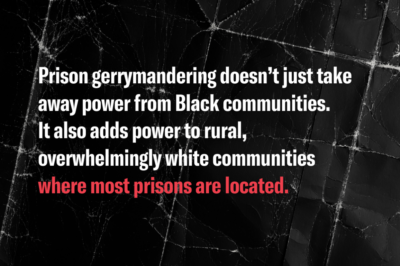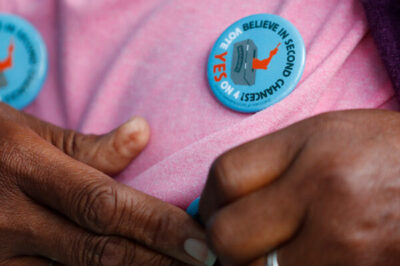Citing Voters' Right to be Heard, ACLU Urges Court To Remedy Voting Irregularities in Palm Beach County
The American Civil Liberties Union has routinely represented voters and candidates in election contests in order to protect the right to vote and the right to participate in an election process that is fair. And it has done so without regard for partisan interests and concerns that might have been involved in the elections.
The ACLU challenges, which have involved offices ranging from city council member to sheriff to governor, have been in furtherance of the constitutional principles expressed by the Supreme Court in the first one person, one vote decision, Reynolds v. Sims, 377 U.S. 533, 555 (1964):
The right to vote freely for the candidate of one’s choice is of the essence of a democratic society, and any restrictions on that right strike at the heart of representative government.
The legitimacy of elected office, and indeed the legitimacy of government itself, rests upon the fairness and reliability of the electoral process.
In 1986, for example, the ACLU succeeded in getting a state court to order a new election in a closely contested race for a school board in Sumter County, Georgia on the grounds that five voters had been given ballots for the wrong district, which was sufficient to place the announced results of the election in doubt. See Foust v. Unger, Civ. No. 86V-794 (Superior Ct. Sumter Cty., Ga.). In a similar challenge to a municipal contest in Greenville, Georgia, the court ordered a new election after it came to light that a number of county residents had been allowed to vote in the city elections.
The ACLU also represented voters in a 1986 challenge who contended that some 10,000 persons who had voted in the Republican primary were illegally allowed to cross over and vote in a Democratic Party runoff primary for the gubernatorial nomination in Alabama. The court agreed and the results of the runoff primary were set aside. Henderson v. Graddick, 641 F.Supp. 1192 (M.D.Ala. 1986)(three-judge court); Curry v. Baker, 802 F.2d 1302 (11th Cir. 1986). The winner of the first primary was subsequently chosen as the nominee and lost to a Republican in the general election.
The clarity of the ballot itself is especially critical to the reliability of the electoral process. For that reason the ACLU represented voters in York County, South Carolina who successfully challenged the local Democratic Party for requiring voters to vote a full slate, even though a federal court had previously invalidated the state’s full slate law. See Cleveland v. Reese (D.S.C. Nov. 12 1974). In another ballot clarity case, the ACLU successfully represented a minor political party in Alabama which sought to have its party emblem placed on the ballot in order to help its supporters locate its candidates’ names. See Hadnot v. Amos, 320 F.Supp. 107 (M.D.Ala. 1970) (three-judge court).
Stay Informed
Every month, you'll receive regular roundups of the most important civil rights and civil liberties developments. Remember: a well-informed citizenry is the best defense against tyranny.



